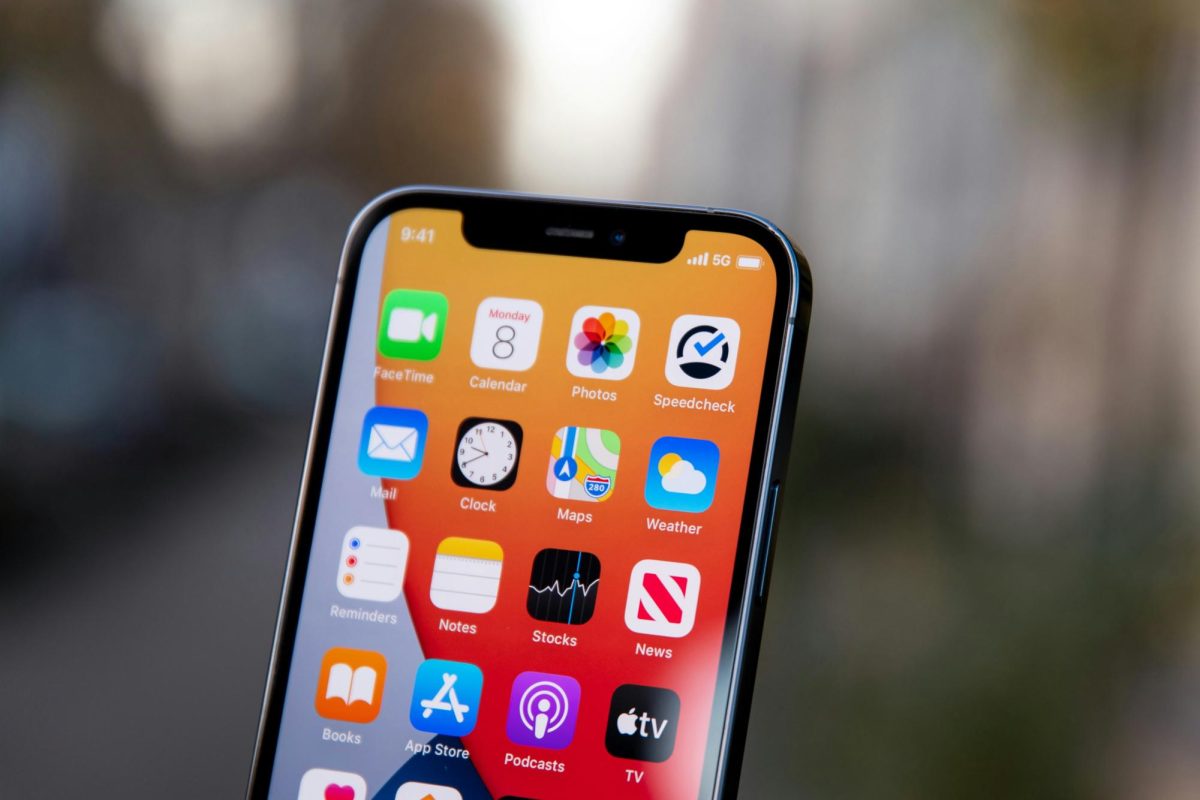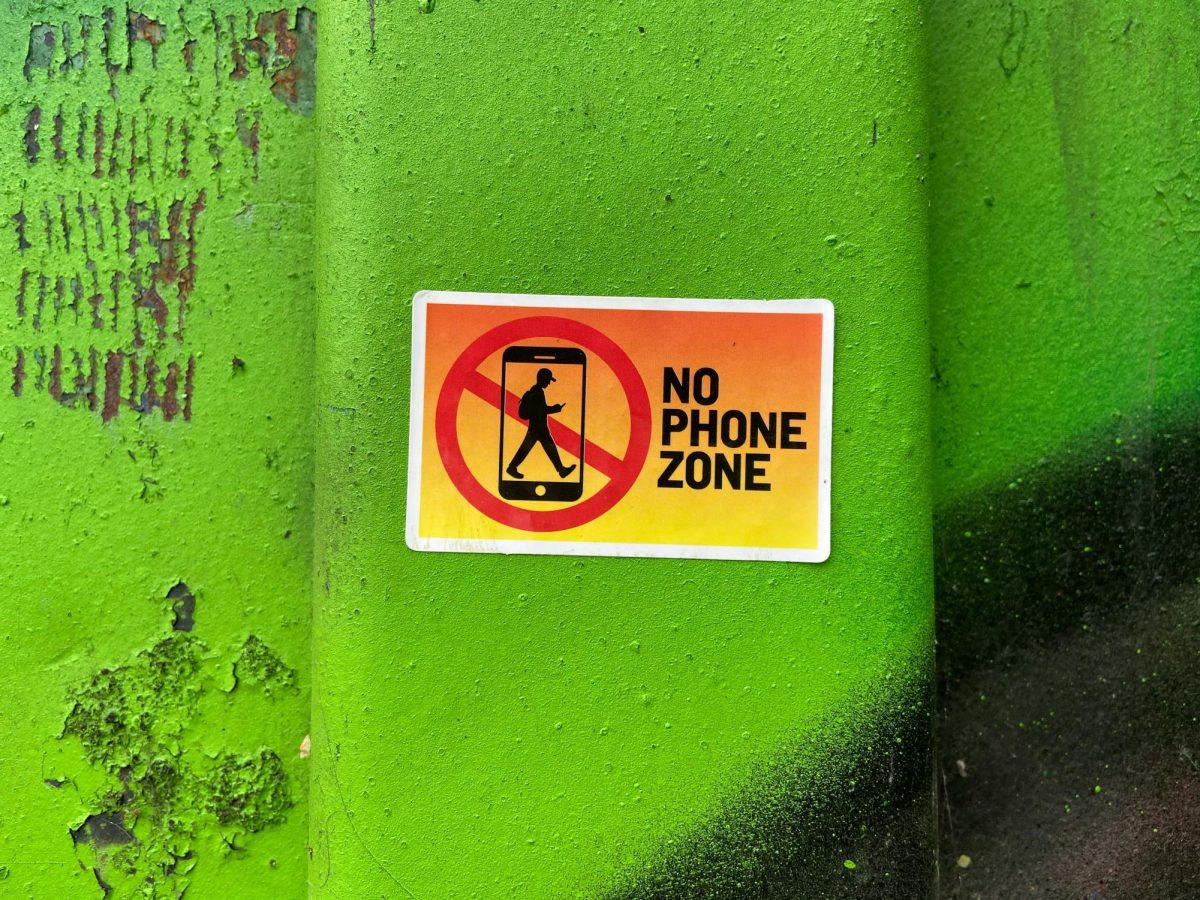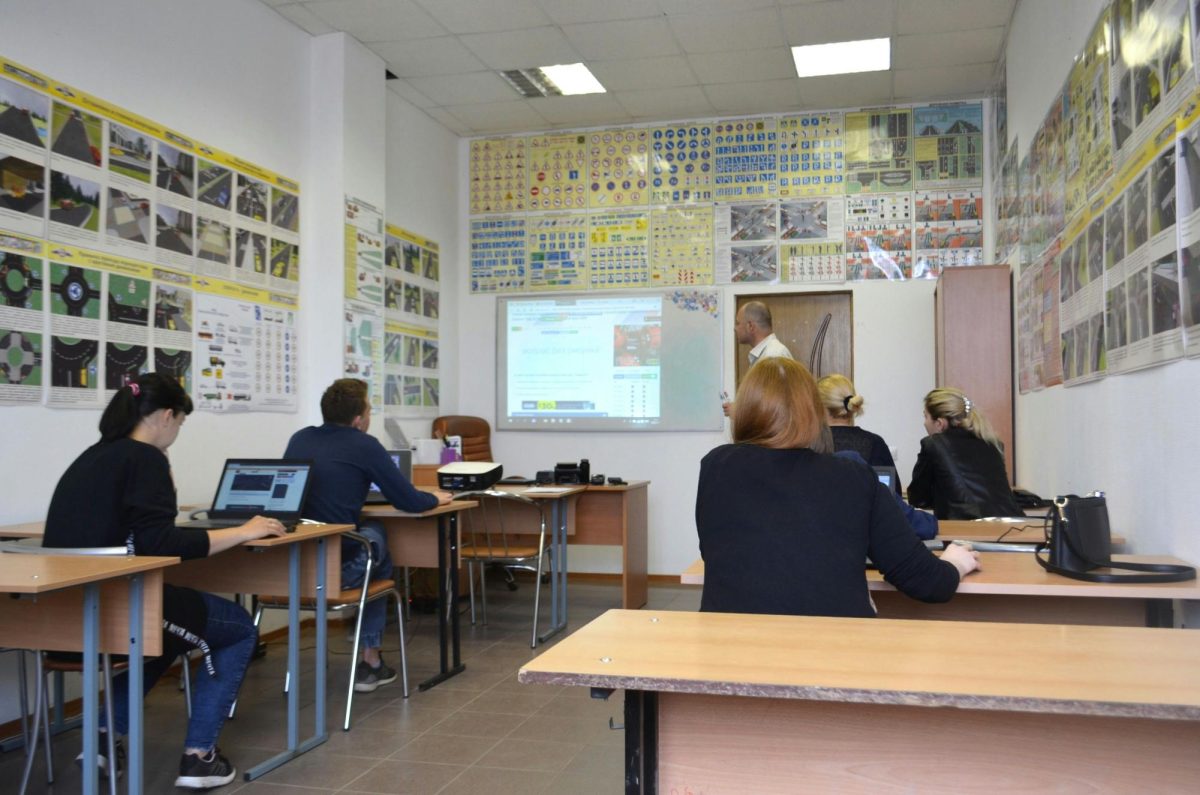This article was originally published in Kaleidoscope‘s Spring 2025 print edition. It is being published as a separate online article now for easy access.
Over the last two years, it has become a common sight for students to boo university presidents and administrators at their graduation ceremonies. Yet on May 29, during Harvard’s commencement, all stood and delivered an ovation to Alan Garber, the 31st president of Harvard.
Why? Because Garber had done what has become a rare sight: fight for education. When the Trump administration sent a letter on April 11 demanding that Harvard make sweeping changes to many of its policies, Garber resisted, making clear that the White House’s demands were not only unconstitutional, but directly antithetical to the principle of education.
The administration has fought most forcefully with Harvard, and their battle has received by far the most attention, but Harvard is not the only educational institution that President Trump has tried to influence. Universities including Columbia, Brown, Cornell, Princeton, NYU, UCLA and Johns Hopkins have either had funding suspended or have been threatened by such cuts. Most of them have simply rolled over. Others have offered only passive resistance.
What these universities seem to have forgotten is the importance of an education, and of a truly free education. An education does not provide only bare facts. It offers social mobility. The ability to reason. Intellectual curiosity. A framework on which we can build, stretching ever higher into the pantheon of knowledge to try and make clear the mysteries of life. Without education, the discoveries of the last decades and centuries, even millenia, would not have occurred. Aristotle had to learn from Plato, and Plato learned from Socrates.
Education is foundational to the cuts that have drawn the most outrage, such as cancer treatments, space exploration and climate change prevention, but its benefits go far beyond them. If they didn’t, then Trump’s funding threats towards public districts and high schools wouldn’t be a major problem; after all, high schools aren’t trying to cure cancer. But that’s not the case, and the White House’s attempt to exercise control over the public education system and eliminate the Department of Education must be taken seriously. If students are stifled from an early age, if they are not given opportunities to explore, if their curiosity is not encouraged, then the loss will be incontrovertible.
One cannot pretend that the American education system is perfect, or that it doesn’t require systematic overhauls. But what is happening now directly threatens those few elements that must be preserved or expanded on: the freedom to take sides, or not to; instruction in critical thinking; and the ability to learn regardless of financial constraints.
We should be angered, horrified, galvanized by these actions, but we shouldn’t be surprised. Instead, we must recognize them for what they are: a culmination of a decades-long movement of anti-intellectualism. It’s not just that we have abandoned the pursuit of knowledge, always looking for the easy solution, even if it’s not the correct one. It’s not just that we read the headline but not the article, that we vote for the candidate who sounds better instead of truly exploring their records, that we take everything literally instead of trying to understand hidden meanings.
It’s that many now actively hate the idea of education. When did being “the smartest kid in the class” become a bad thing? When did an education make one “soft and privileged”? When did an expert with decades of experience become someone who “can’t be trusted”? It’s been a gradual process, but it is now undeniable that many cannot stand the idea that others are smarter than them, or have chosen to make more of the educational opportunities provided to them. Education has become some kind of competition, instead of the collaborative effort it must be.
Fighting against the president is hard, as Harvard has shown. Reversing a cultural shift is even harder. But it must be done. We must stand up for education.









